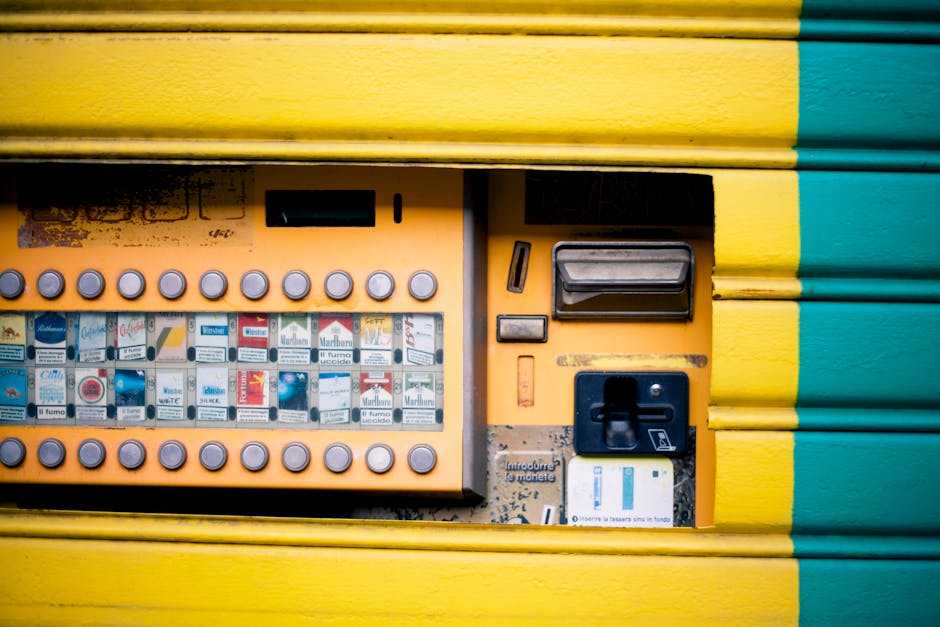What Makes 3271770652 Stand Out?
Numbers aren’t just digits. They’re identifiers, keys, triggers. They show up in ways that are oddly persistent—sitting quietly in spam folders, on receipts, in call logs. If you’ve noticed 3271770652 repeatedly, it may be due to a telemarketing call, a business transaction, or even a techrelated ID used by a system or billing entity.
A wellplaced number can carry meaning. Maybe it’s not mystical—it’s probably not your lucky omen—but it can be significant depending on context. Recognizing that context is what separates noise from signal.
Common Sources of Recognizable Numbers
When a 10digit number keeps showing up, it’s not always a fluke. Here are a few common sources:
Phone Calls: Robocalls and telemarketers use rotating numbers. Check national caller ID databases. Social Media: Hidden tags or identifiers might appear as random strings. Some platforms use unique numerical IDs. Billing Systems: Companies often use number codes for reference and invoices. Tech Backends: Developers and engineers use numbers like 3271770652 for user IDs, session tokens, and error codes.
If you’ve seen this one in any of those places, you’re in good company. It probably just means you’re engaging with a system that’s spitting it out repeatedly. That repetition might mean it’s relevant to you—or it’s just in the rotation.
Should You Be Worried?
Most likely, no.
Still, it’s not a bad idea to take ten seconds and run the number through a search engine. If 3271770652 turns out to be flagged as spam or scamming calls by others, that gives you quick clarity. Blocking it takes another few seconds. Done.
If it’s linked to legit companies or shows up in your own records, make a note. It could be the key to unlocking a customer account, invoice tracking, or a help desk ticket.
Numbers and Digital Fingerprints
In tech, numbers like this often serve more specialized roles. Think about:
User IDs in databases Session tokens used for login tracking Reference numbers tied to support, billing, or analytics
These identifiers stay hidden most of the time. But when they surface—like in a URL, a form error, or an unexpected email—you suddenly become aware of the machinery behind everyday tools.
If 3271770652 showed up in a URL or as part of a login session, it’s probably not random. It could identify your session or pull up data specific to your account. If you spot it regularly on a platform you use, it may be worth understanding what it’s tagging.
Privacy and Digital Hygiene
If you’re worried about data being tied to something like 3271770652, ask these quick questions:
Is it coded into an email or message you received? Is it linked to an account or digital service you use? Does it appear in unexpected messages or texts?
If yes, make sure your password game is solid, and enable twofactor authentication where possible.
If it’s a spam or scam number, report it fast. One report helps flag that number for other people.
3271770652: Practical Next Steps
What should you do when you keep spotting a number like 3271770652?
- Monitor it: Keep track of where and how often it appears.
- Search it: A quick search could save you stress—or time on support calls.
- Block/report if needed: If it’s spam, act on it.
- Use it wisely if legit: It might be a ticket, invoice, or user ID you’ll need again.
Conclusion
Numbers like 3271770652 may seem unimportant, but repetition turns random into relevant. Whether it’s part of a technical system, a spam call center, or a forgotten receipt encoded with support data, taking a moment to check its origin gives you control over the information you’re absorbing.
So next time a number sticks—it might mean nothing, but it’s smart to check if it means something.



